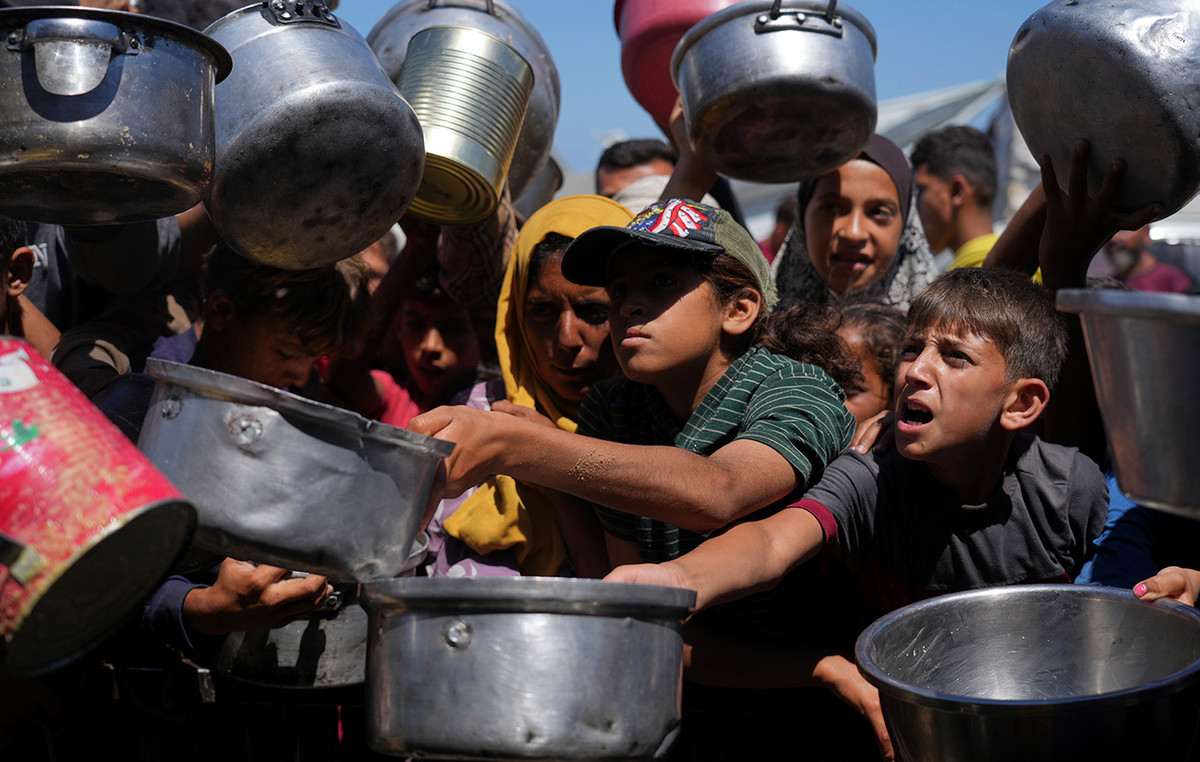Health authorities in Tanzania confirmed on Tuesday (21) an outbreak of the Marburg virus disease, one of the most lethal in the world. In total, there are at least eight confirmed cases in Northwest cities and five deaths in the African country so far.
“So far, five days after it was reported (the appearance of a rare hemorrhagic fever in northeastern Tanzania), eight people have been infected, of whom five have died and three are still being treated,” said the Tanzanian Minister of Health, Ummy Mwalimu.
“We were able to control this disease, which did not continue to spread from the affected area”, added Ummy, who asked the population to remain calm. Laboratory-confirmed cases have been detected in the towns of Bulinda and Butayaibega, both located in the North West Bukoba district, bordering Uganda and close to the borders of Rwanda and Burundi.
Tumaini Nagu, a specialist in Medicine for the Tanzanian government, told the local press that patients with Marburg had fever, vomiting, bleeding in various parts of the body and kidney failure. She also urged Tanzanians to avoid touching potential patients and their fluids, as well as reporting to health authorities about any probable cases.
Marburg is a highly infectious viral hemorrhagic fever in the same family as the more well-known Ebola virus disease. There is currently another active outbreak in Equatorial Guinea, where there are at least nine cases, including one confirmed diagnosis, four probable cases and four suspected cases, according to data collected by the World Health Organization (WHO).
Previously, the disease has already been detected in Ghana (three infections confirmed in 2022), Guinea (2021), Uganda (2017, 2014, 2012 and 2007), Angola (2004-2005), Democratic Republic of Congo (DRC) (1998 and 2000), Kenya (1990, 1987 and 1980) and South Africa (1975).
Like Ebola, Marburg causes sudden bleeding and can cause death within days, with an incubation period of 2 to 21 days and a fatality rate of up to 88%.
The disease, for which there is no vaccine or specific treatment, was detected in 1967 in the German city of Marburg – the origin of its name – by laboratory technicians who were infected while investigating monkeys brought from Uganda.
Source: CNN Brasil
I am an experienced journalist and writer with a career in the news industry. My focus is on covering Top News stories for World Stock Market, where I provide comprehensive analysis and commentary on markets around the world. I have expertise in writing both long-form articles and shorter pieces that deliver timely, relevant updates to readers.







